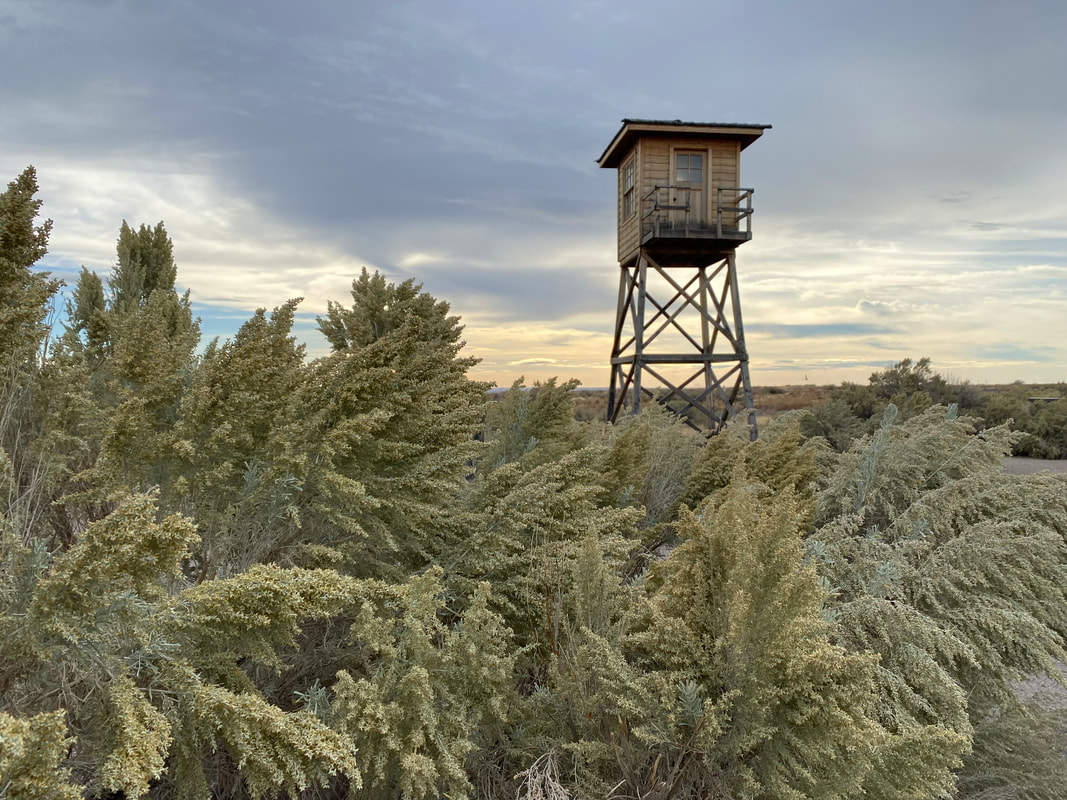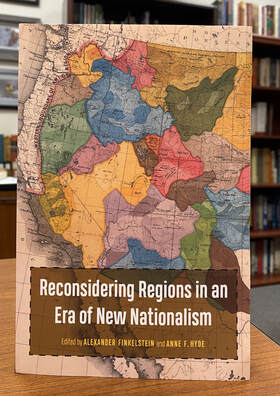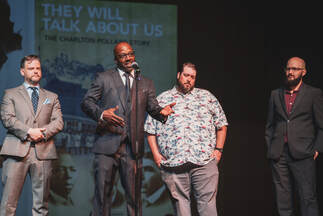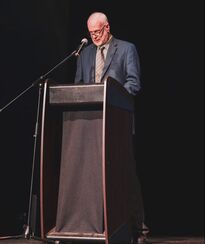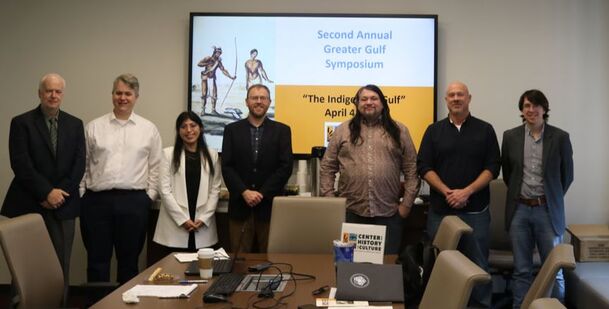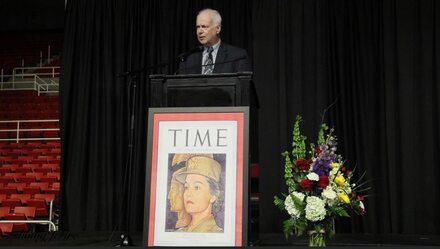Presented at the American Literature Association Symposium, October 27, 2023
I presented at the American Literature Association symposium on "Wildness and Wilderness" at Santa Fe, New Mexico. My paper entitled "Memories of the Mammoth: Rampage and Extinction in US Imperial Literature" is part of my larger book project This Empire Grim (for more information click here). New England poet Josias L. Arnold noted that he drew inspiration for his “Fragment of an Indian Sonnet” (1797) from fossil discoveries in “the western country”—a region that gave up its mysterious past as US imperial forces wrested it from the original inhabitants. Arnold not only fixed the mammoth as a feature of the western primeval, but he also connected it to an imagined Indian past doomed to extinction. Through the early nineteenth century, US authors often used the gothic to subvert their nation’s expansionist policies, but with its portrayal as a rampaging destroyer of a primeval past, the mammoth became an avatar for imperial apologists like Daniel Bryan, Timothy Flint, Cornelius Matthews, and others. In their short fiction and poetry, they shared similar stories of mammoths who destroyed a race of North Americans to whom current Indians were the diminutive and unworthy descendants. By showing the downfall of former great nations, these apologists used French naturalist Georges Cuvier’s extinction theory to rationalize the inevitability of US expansion. In so doing, they positioned their own nation—perhaps inadvertently—as the rampaging mammoth, destroyer of Indigenous worlds.
Presented at the Western Literature Association Meeting, October 12, 2023
|
I presented at the Western Literature Association meeting at Fort Hall, Idaho. My paper entitled "The Republic of Monsters: Charles Wilkins Webber and the Texas Gothic" is part of my larger book project This Empire Grim (for more information click here). In the mid-1840s at the height of the annexation debate, Webber published a series of short fiction based on his experiences in Texas and portrayed its people as exceptionally depraved. In that borderland republic, Native Americans, Mexicans, and Anglo Americans lived in a world of brutal extremes. Webber described the unending cycle of hatred and violence that populated the landscape with twisted fiends and avenging ghosts. In so doing, he joined a small but vocal cadre of authors, artists, and poets who used the gothic to warn readers that the pursuit of expansion into Native American and Mexican territories required violence on a level that would traumatize the individual and the nation. I am grateful to the Shoshone-Bannock Tribes who welcomed us and made possible this informative conference of warm and supportive scholars. After, I drove out to visit the Minidoka National Historic Site--the location of a haunting injustice that took place a century after Webber published his stories. From 1942 to 1945, the Minidoka internment camp incarcerated 14,000 Japanese Americans whom the United States forced from their homes during the Second World War.
|
Copy of Reconsidering Regions Arrived, October 3, 2023
|
I received my copy of Reconsidering Regions in an Era of New Nationalism today. Thanks to Alex Finkelstein and Anne Hyde for inviting me to participate in the lightning round discussion at the 2019 Pacific Coast Branch-American Historical Association meeting in Las Vegas where this conversation started. I am grateful for their patience and guidance throughout the conceptualization and revision processes and for shepherding this project to publication. I am pleased to be a part of this important discussion. My article, "Where the East Peters Out: Dallas, Fort Worth, and Regional Branding in the Great Southwest" examines how the boosters of these rival cities invented region as a means to secure economic hinterlands. For more about the article click (here).
|
Spoke at Event Honoring Film Maker Gordon Williams, June 16, 2023
|
On June 16, film maker Gordon Williams received a Special Congressional Recognition from the Office of U.S. Representative Brian Babin for his outstanding achievement in producing media that features the Black history and experiences in Southeast Texas. Williams wrote the screenplay for the short film The Example and directed the documentary They Will Talk about Us: The Charlton-Pollard Story. He is the Television Studio Manager for Lamar's Department of Communications and Media and is a Advisory Board Member of the Center for History and Culture. I enjoyed the privilege of providing brief comments and moderating the audience Q&A with Williams and his film making colleagues.
|
Convened the Second Annual Greater Gulf Symposium, April 4, 2023
The Center for History and Culture wrapped up the 2023 Greater Gulf Symposium on "The Indigenous Gulf" with a reception and roundtable discussion. We enjoyed the opportunity to learn about the important work of our symposium fellows Robert Caldwell (University at Buffalo), Joshua Haynes (Sam Houston State), Fior Garcia (UT El Paso), and Christopher Thrasher (Penn State). Center director Jimmy Bryan, interim assistant director Margot Gage Witvliet, assistant director (on leave) Brendan Gillis, and Advisory Board member Stefan Krause joined the fellows during the workshops earlier in the day. We look forward to our continued work with the symposium fellows as they revise their essays for submission to The Texas Gulf Historical and Biographical Record.
Spoke at the Celebration of Women in Uniform, March 25, 2023
|
The Celebration of Women in Uniform: Military Veterans and First Responders Past & Present was illuminating as women veterans shared their experiences and scholars shared their expertise. Center Assistant Director Margot Gage Witvliet organized this conference, and the Center supported in this important and moving event. I enjoyed speaking briefly about several Southeast Texas women veterans and first responders.
|

